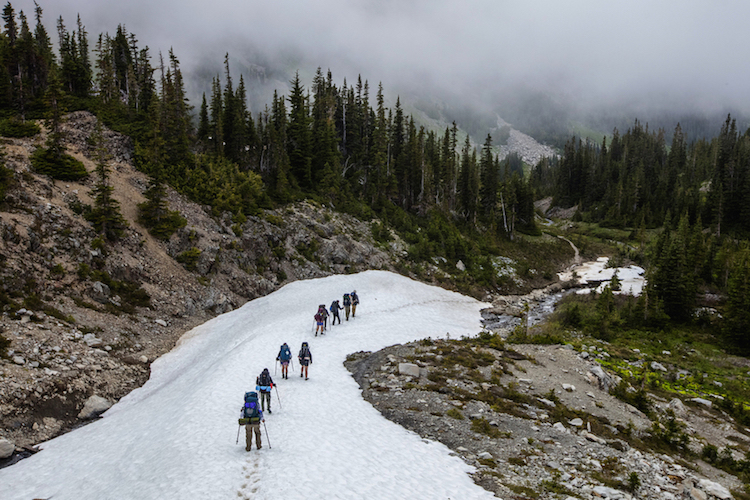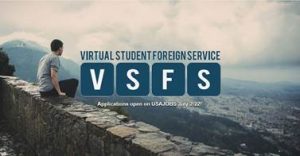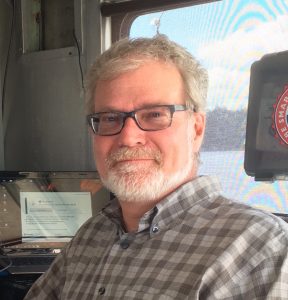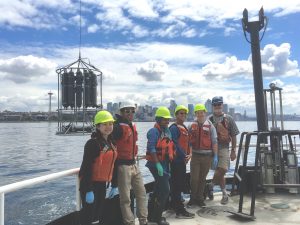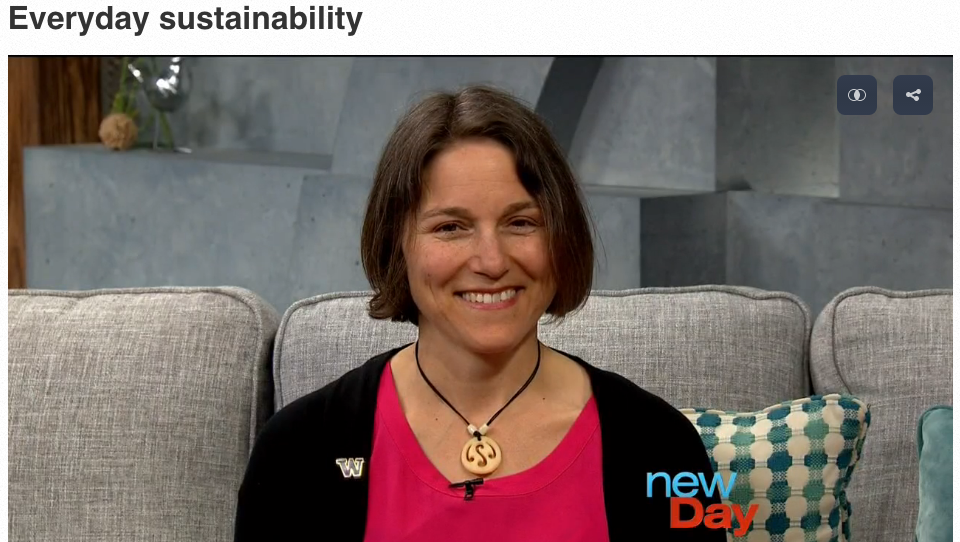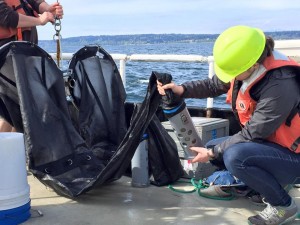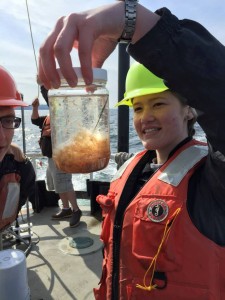Wild Forests & Fauna, a conservation non-profit working Peru and Uganda, is looking for an Environmental Studies intern! Work virtually and learn to develop a communications strategy for the Future Leaders youth project. See PDF or details below.
Apply by: August 26, 2016
Work Location: Virtual
Interviews Scheduled: September 6-10, 2016
Desired Start Date: September 12, 2016 (flexible)
Commitment: Average five (5) hours/week, for Three (3) Quarters — Fall 2016, Winter & Spring 2017
Compensation: $600 stipend per quarter — Paid in December, March, June — Total $1,800
Background
Wild Forests and Fauna (WildFF) is a registered 501c3 nonprofit organization dedicated to protecting and restoring threatened forests through local leadership of community based projects. Over the last three years, this small nonprofit has launched four successful projects in Peru and Uganda.
With the organization’s foundation set and projects initiated, WildFF is ready to enhance its communications strategy and increase its exposure to a wider audience. To this end, WildFF is searching for a proactive and engaging communications intern to support our Future Leaders project team.
Future Leaders is a multiyear youth leadership program that provides aspiring young individuals with skills in sustainable business, innovation, and leadership. Programs are hosted in globally important, endangered forests that have significant opportunities for conservation, currently in the Madre de Dios region of the Peruvian Amazon. We invite local youth (aged 18-30) who want to conserve their natural resources and be successful entrepreneurs.
In this position, you’ll codevelop and implement a digital communications strategy—including blogs, social media and newsletter content—to educate and inspire the public and prospective donors about the Future Leaders project (currently prepping for its 4th Summit). This is an opportunity to work directly with WildFF’s Communications Team—made up of board members who are currently working in the marketing & communications field—while also gaining firsthand experience working with a young and growing international conservation organization.
Objectives/Scope of Work:
● Strategy & Planning – Work with the WildFF Communications Team and the Future Leaders project team to cocreate the design, focus, and strategy of the communications plan for the upcoming year
● Content Creation – Develop content for the Future Leaders program. May include, but not limited to, blog posts, social media posts, images, infographics, videos, etc.
● Social Media Posting – Submitting blog & social media posts to communications team for review and approval and then publishing live to WildFF accounts
● Meetings & Checkins – Regular email communication as needed; biweekly checkin meetings.
The WildFF & Future Leaders team are spread across the globe and regularly meet via Skype. Occasional in-person meetings are an option in Seattle, Baltimore, and New York if desired.
Desired Qualifications & Skills:
● Genuine Excitement & Interest in our work! Passion for environmental conservation, youth empowerment, capacity building and/or wild forests and fauna is paramount for our organization.
● Excellent communication (listening, verbal, written) in English. The ability to communicate clearly and professionally in a virtual and online environment is necessary for success in this role. English fluency is required; Spanish proficiency is not required, but will be considered a major plus as our Future Leaders program operates in Peru.
● Initiative & Resourcefulness – This intern will report to and work with the WildFF Communications Team and the Future Leaders project team throughout the internship. That said,the ideal candidate will have strong time management and organization skills, as well as the initiative to get things done on their own time with limited oversight.
● Multicultural Sensitivity & Awareness – As an international organization working with diverse constituents in other countries, it is imperative that our Communications Interns can develop an understanding and empathy for multicultural audiences.
● ProblemSolving, Reasoning & Creativity – This role is an opportunity to help shape the future of our communications process and internship program. The ideal candidate will be prepared to push boundaries, suggest new ideas and move our organization forward in new and exciting ways.
To Apply:
Apply by Friday, August 26, 2016. Send the following to ryan@wildff.org with the subject line Future Leaders Communications Internship Application.
● Cover Letter – Show us that you have the qualifications and skills noted above and include responses to the following questions:
○ Why are you interested in this internship with Wild Forests & Fauna?
○ What excites you most about the Future Leaders Program?
● Resume – Be sure to include any relevant experience.
● Writing Samples – Include 1-3 samples of writing and/or social media posts that you have done within the past year.
Questions: If you have any questions about this position, please feel free to ask! Send them via email to ryan@wildff. org with the subject line Future Leaders Communications Internship Questions.
